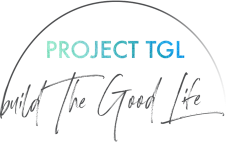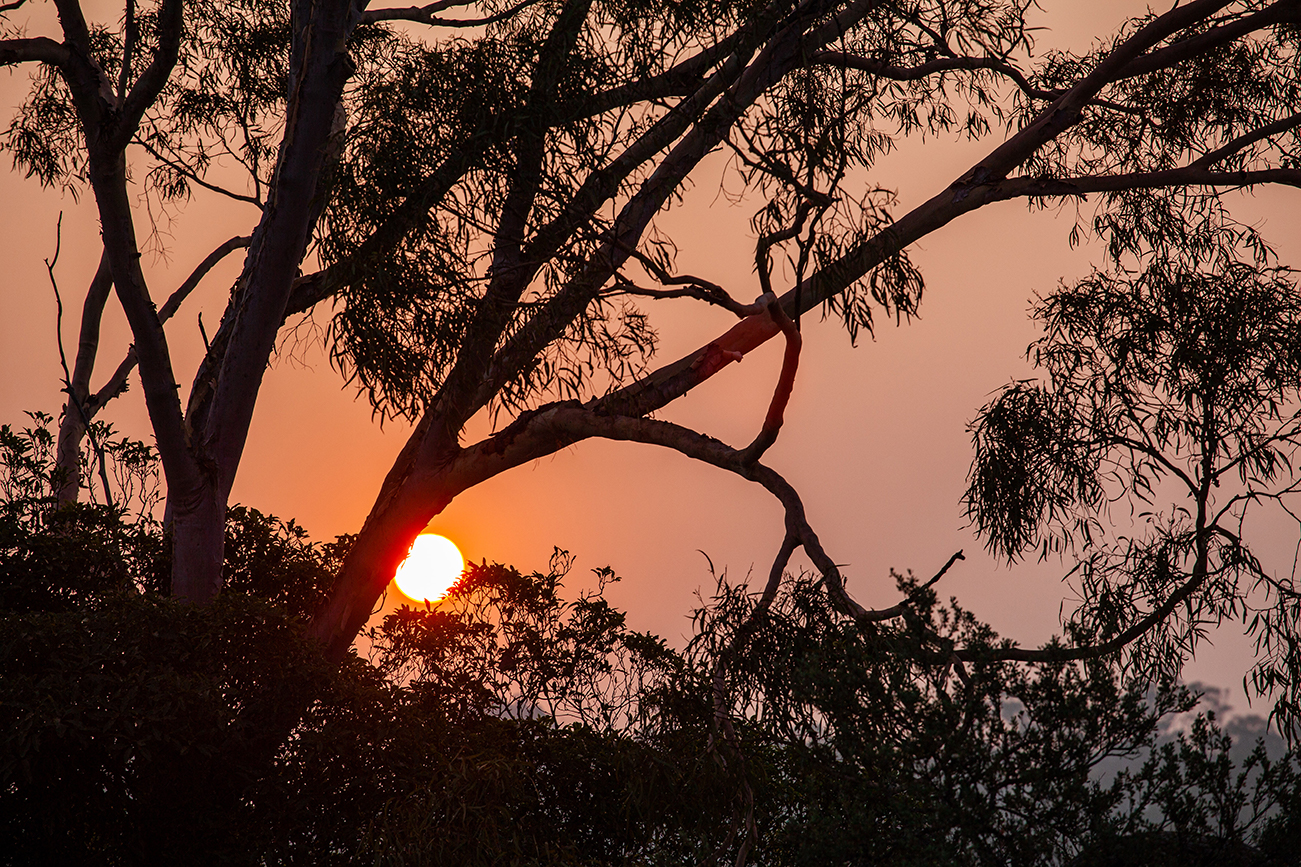Back in mid-December, before I took a couple of weeks of holiday, I scheduled a blog post for today. It was about how to keep your New Year’s resolutions.
But, truthfully?
Nothing could be further from my mind this week than New Year’s resolutions.
As bushfires continue to blaze across Australia, heartbreaking in their scope, it’s hard to think about anything else.
If (like me) you are based in Australia, then I’m guessing that you also find yourself preoccupied with questions very different from “How can I be more productive in 2020?”
Instead, even though I am not directly affected by the bushfires, I find myself asking questions like:
- “How can I maintain compassion for everyone affected when my first instinct is to look away and avoid the pain of knowing?”
- “Given the scale of this problem, what can I possibly do to help?”
- “How can I cope with the reality of climate change without collapsing into a pile of anxiety and fear for the future?”
So this week, I’ve hit “pause” on the blog post I had scheduled (you’ll see it here next week), and I’ve spent some time reading about what the experts have to say in answer to those questions.
Because if I’m asking these questions, then I bet other people are too. And I wholeheartedly believe in the power of listening to experts.
How can I maintain compassion?
Our human tendency to look away from large-scale suffering goes by a few different names, including “psychological numbing” and “compassion collapse”. The bigger the problem, the harder it is for us to comprehend, and the more likely we are to “look away”.
As I read about this phenomenon, I noticed one answer kept cropping up among what different psychologists were saying: taking small actions to help allows us to avoid compassion collapse.
When we feel like we can do something to help, and that our help will actually make a difference, we avoid becoming overwhelmed by suffering.
Which brings me to…
What can I do to help?
Here, again, everybody seems to agree: small actions really do make a difference.
Here are some ideas for small, helpful actions:
- If you can afford to, donate financially to one of these organisations
- Give blood (while the bushfires haven’t in themselves increased demand for blood donations, several collection centres have been closed down, so scheduling an appointment to give blood can help with making up the shortfall)
- Support small businesses in bushfire-affected communities: do some online shopping via Spend With Them or buy something for a local via It’s My Shout.
How can I cope with climate change?
This great download from Psychology for a Safe Climate, a group of psychologists based in Melbourne, suggests that we can manage climate anxiety through self-care (taking a break and having fun), maintaining healthy routines, focusing on a few key issues, and…
(you guessed it)…
taking small actions.
Not only do small actions help those affected, and help us maintain our compassion, they also help us to manage our anxiety.
A great place to start is by making tiny changes in your home.
This article from ABC news also offers expert advice on dealing with fear, anxiety, or overwhelm in response to the fires.
If you’re feeling significant distress, you can always reach out to Lifeline on 13 11 14.
Bonus question: how can I breathe with all this smoke in the air?
If you’re an asthmatic (or just, you know, like breathing normally) you may want to consider purchasing for yourself an air filter suited to filtering smoke. Some overseas research has found them to be effective, though there is not yet any conclusive Australian research. Choice has a good buyer guide for air purifiers, which can help you separate the useless from the useful.




